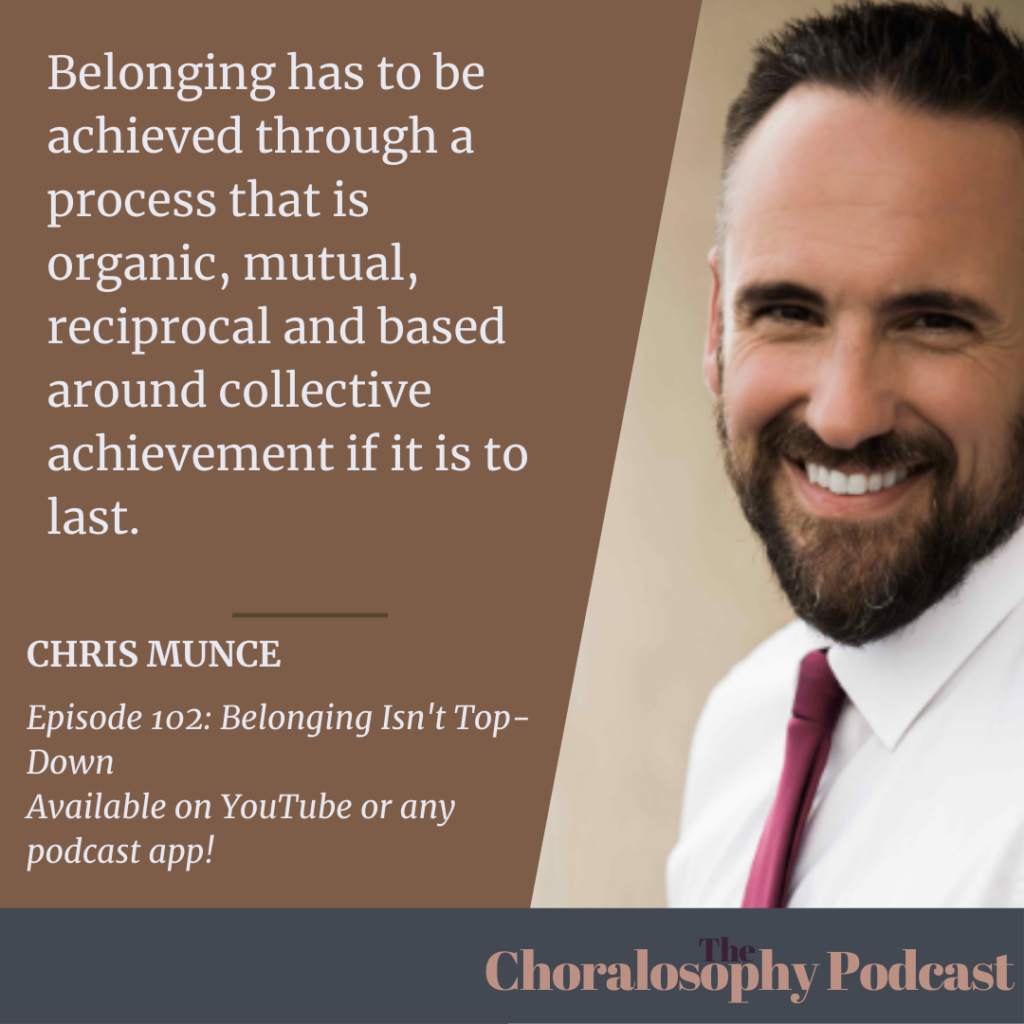A hybrid episode! We run the risk of oversimplifying educational concepts, packaging them in seminars and professional development sessions for sale, and actually HARMING students. Or at least not helping them. Educational theories often carry precious little evidence, but we as educators frequently feel ill equipped to question them. Often times these oversimplifications are simply Utopian visions of education. One of the buzzwords that gets this treatment in my view is “Belonging.” I have been reading a book called “Belonging Through a Culture of Dignity” by Cobb and Krownapple. In that journey, as well as in my conversations on the show, in real life, and online it has become clear to me that there are many questions still to be ASKED about this topic before we can even begin to have enough hubris to think we can answer it.
This episode started out as a car thoughts episode, which I extended with a walkthrough of two graphics that I see as questionable from the book.
You can listen from the widgets below which will take you to Apple or Castbox to finish listening, or you can find the show on Google Play, Spotify, Youtube or Stitcher!
Episode 101: The Science of Program Building with Dr. Seth Pendergast
Advertisements Dr. Seth Pendergast of Colorado State University joins me to dig through the critical aspects of recruiting and retention. As we are (hopefully) coming out of the COVID-19 pandemic, my sense is that many K-12 choral music educators are looking to grow or rebuild their choral programs. The pandemic often limited singing and many …
Continue reading“Episode 101: The Science of Program Building with Dr. Seth Pendergast”
Episode 100: Sing Softer, You’re Off Key with Beth Munce
Advertisements This episode is a milestone. The 100th full length episode of the podcast. Since my wife Beth was the FIRST guest on the show, I thought it would be good to go full circle, and bring her on again! Being a music teacher is an important job. It is, or should be about SO …
Continue reading“Episode 100: Sing Softer, You’re Off Key with Beth Munce”
Bring your friends to the conversation:
BY CHORALOSOPHY PODCAST APRIL 27, 2022
Episode 99: The World Imagined with Gabriel Jackson
Advertisements Part of the Oxford Series on the Choralosophy Podcast Dig into the mind of Gabriel Jackson, one of my FAVORITE composers. His ability to mix the modern with the ancient really makes my “Spidey Sense” tingle! We discuss his music, and journey to composition, as well his feelings about Orchestral musicians seeming to live …

+(1).gif)

Leave a Reply
You must be logged in to post a comment.